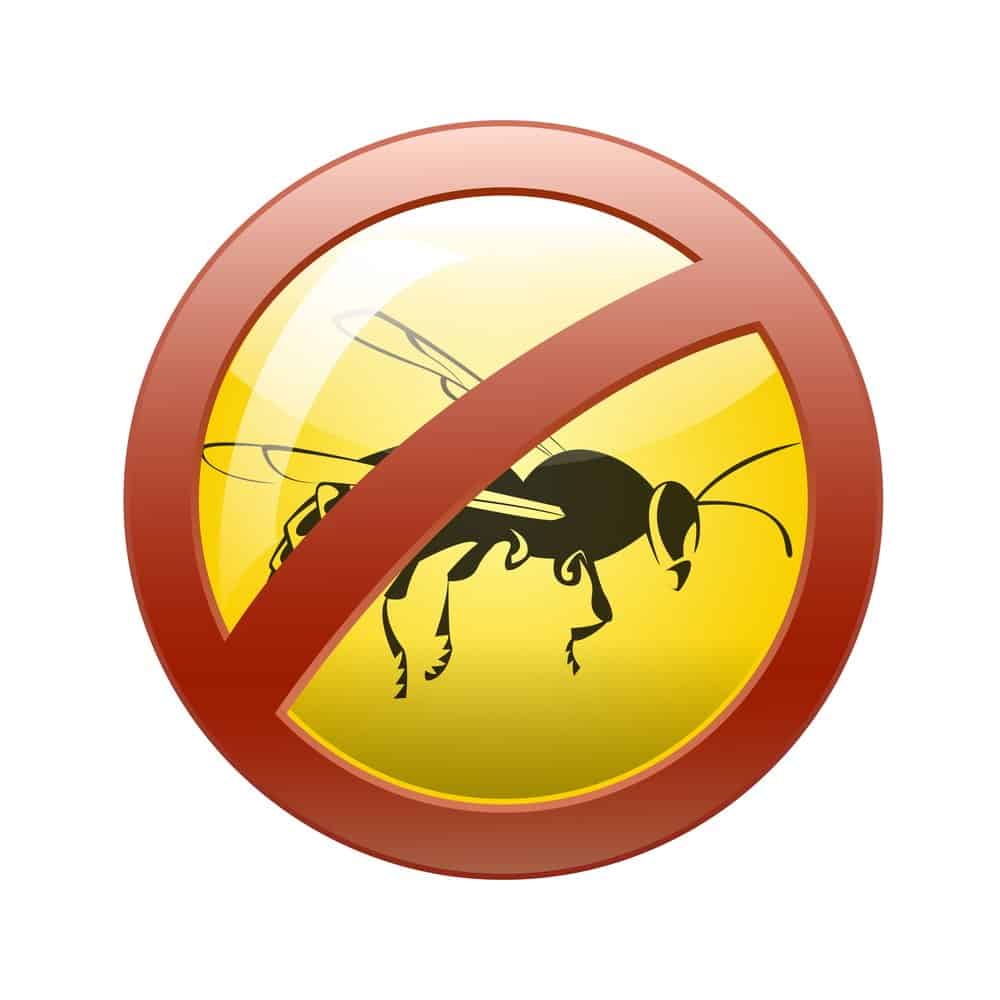Two Kinds of People
There are two kinds of people in the world, those who don’t mind getting dirty, and others who would rather just stay clean.
That’s an oversimplification, but let’s just roll with it. If forced to classify myself as one or the other, I am quite OK with being in the dirty group.
This week I was involved in organising an annual fundraising dinner at a non-profit where I have been volunteering for the past seven years.
During the evening, I had the pleasure of presenting an award to someone I have worked closely with from my first day there.
Dirty versus Clean
The award was named for a colleague volunteer of ours who passed away last year. The three of us had spent many a Thursday afternoon getting dirty together, distributing food in the organisation’s food bank.
It struck me that few of our fundraiser “committee people” or those who attend our evening events ever actually see the day-to-day workings of this community charity, much less get involved “on the ground floor”.
Likewise the people who come and volunteer in various capacities during the day are not those who typically come out for the evening events.
There are exceptions, but in general there are the “blue collar” types who don’t mind getting dirty, and “white collar” types who prefer to stay clean. One group contributes time and effort on the ground, the other supplies donations and connections at a higher level.
We need both types
Everyone who helps out is needed and appreciated, I’m not making judgements here, and all contributions are welcomed and gratefully received. My point is that most people feel at home in one group, but not both.
Likewise, in the realm of family wealth, advisors who work with legacy families exhibit a similar dichotomy, but from a slightly different angle.
Some work directly with the family members, while other professionals work in other specialized fields and bring particular expertise to the table for those families, but don’t typically meet all family members.
Content versus Process
On the content side, lawyers draw up shareholder agreements, insurance specialists create the best combination of policies to take care of tax liabilities, and advisors craft perfect estate plans, yet seldom interact with the actual family members whom they ultimately serve.
On the process side, we understand family dynamics, facilitation, mediation and coaching. Many come from a psychology background, and are more akin to blue collar, ground floor, and “it’s OK to get dirty” types.
The content/transactional advisors work mainly for firms of professional partners, who specialize in knowing the laws and regulations and have a knack for creating structures and documents that are used by the family as part of the estate planning process. To me, these folks are more akin to “white collar”, upstairs, and “I prefer to stay clean” group.
Once again, both groups are important, absolutely needed, and thankfully available to serve the family. There is a symbiotic relationship here, but who is serving whom?
Really Feeling It
In the charity example, the daytime staff and volunteers see the benefits of their work first hand. Those who come out only for the fundraising events are often told of what goes on, and they are often amazed but never really “feel” it.
Most advisors to families will recognize proverbial hornet’s nests in family situations and steer clear of them, not wanting to get stung, nor leave the family in worse shape.
Working closely with the family members, doing much more “process” work, I see the hornet’s nests too, but I don’t necessarily run away from them, instead I often prefer to point them out.
I am not suggesting that the content people get involved in the process stuff, but if they better understood the implications their work has on their ultimate clients (the whole family) they could do an even better job.
Connecting the Two
When donors come out to a charity event, we try to show them how important the work is that we do for the end clients.
Those who bridge these gaps, in charities and in families, are always necessary, yet not always appreciated. But we will always do it, because it feels so good and so right to make these important connections.
We don’t mind getting dirty, and we are not afraid to get stung.



